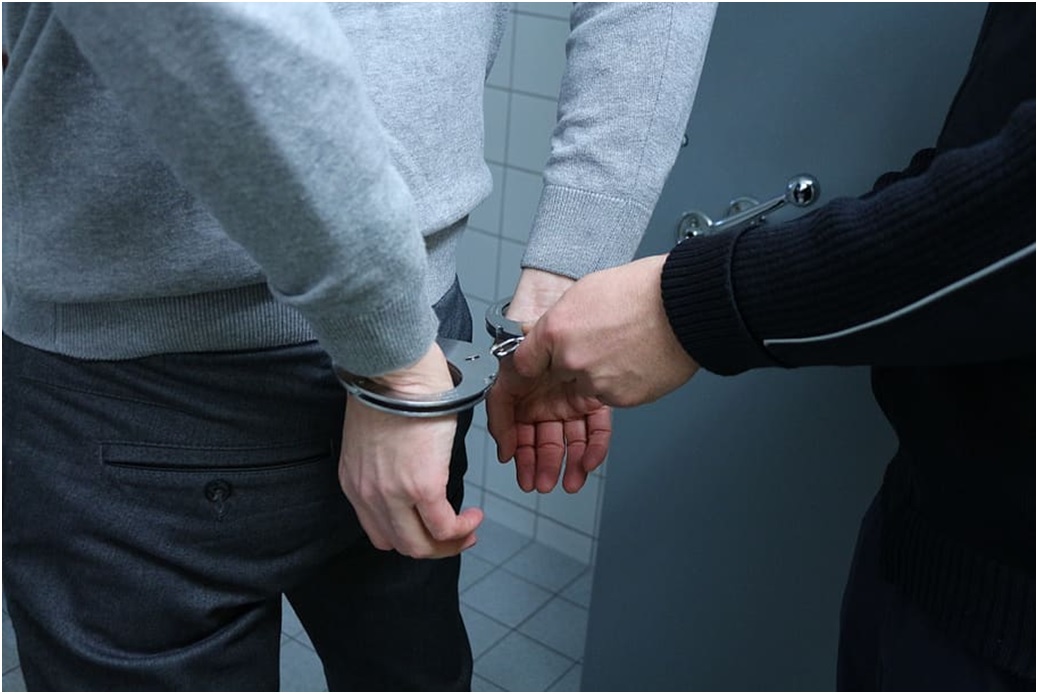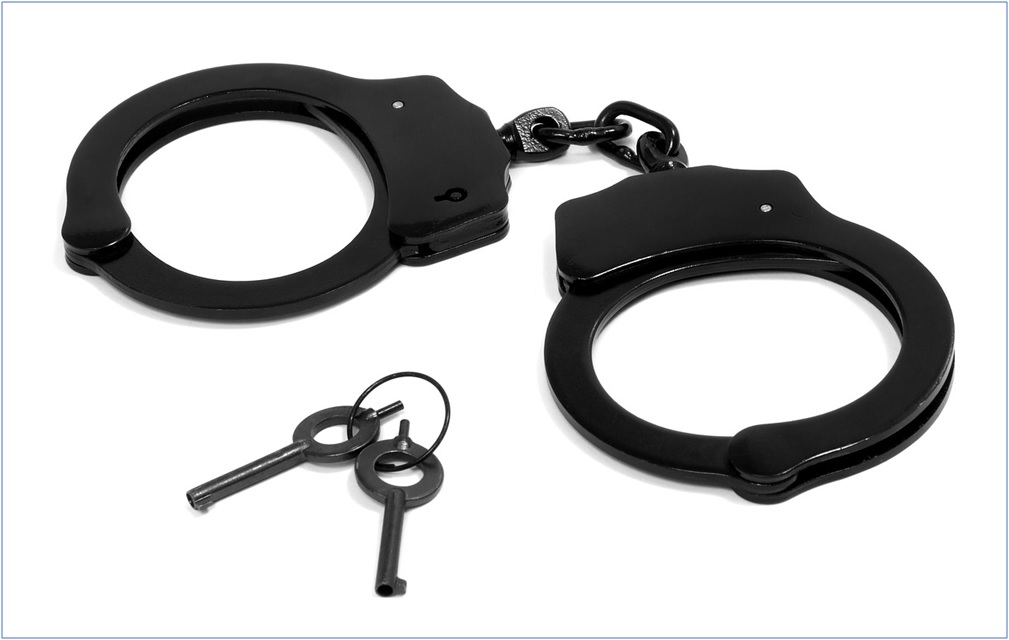How to Get Out of Jail in Detroit

Perhaps you may be at the wrong place at the wrong time. You found yourself getting arrested for a crime that you didn’t commit to in Detroit. If you found yourself in jail, paying the bonds can free you as soon as possible. But the process is not so easy as it sounds.
Most people who didn’t have experience with the criminal justice system may not know what to do. When you are arrested and are required to pay $10,000 bail, do you stay incarcerated if you can’t produce this amount? Do you know a bondsman that can pay on behalf of you? How does the process work in the first place?
When you understand what to do and how the higher courts impose the amount can help you or your family member be free from incarceration at any time. You can know more information about what to do when you visit sites such as Bail Bonds National Detroit, where you can get more in-depth knowledge about how the justice system works.
What to Know About Bail?
Bail is a set amount that can release a defendant after an arrest is made. This is done before the trial to ensure that the defendant goes to court. The arrestee does not necessarily have to be the one to pay the amount. He can ask his friends, relatives, or a bondman to issue the money to the court.
It is important to note that bail is not some form of punishment that is given to an arrestee just because he was found to be at the scene of the crime or even found to be guilty beyond reasonable doubt. The bond serves as a collateral that the defendant will return to court for a hearing, and this does not mean that they will be kept in jail the entire time they are waiting to see the judge. Read more about these bonds when you click here.
Most jails can let you pay on-site, especially if petty crimes are involved. This is to ensure that there’s no overcrowding inside the cell and to assure people that they don’t need to necessarily be under surveillance all the time if they are still awaiting trial.
What Happens at Arrest?
Most of the time, the law enforcers arrest people and take them into a precinct. People are usually read the Miranda rights, and they are taken in a vehicle, then transferred to jail. There’s the processing of the administrative charges that are referred to as booking. Most of the time, officers can release the arrestee without a single charge filed. However, if charges were made, the person will remain in custody until bail is paid.
What is a Booking?
Booking is termed as the administrative process that comes after an arrest. The officer in this situation goes into a series of actions, including taking photos or mugshots of the arrestee, recording personally identifiable information, taking fingerprints, and unarming physical possessions. Read more about mugshots here: https://www.bostonglobe.com/2020/03/12/metro/sjc-mugshots-police-reports-police-officers-judges-are-public-records/. Most of these possessions are placed inside a facility, and they can be searched if warrants are issued. There are also other processes, such as determining the health of the individual and putting him in a detainment area.
Custody After an Arrest
After the arrest and the booking process, three things generally happen. The first scenario is that the police will release the arrestee, but they will have a written notice that they should appear in court on a specific date.
The second thing that can happen is that the police will only release any arrestee once the amount for bail is paid. The third arrangement is that the person will remain in police custody until the hearing arrives.
What Schedules Mean

Schedules are the list of amounts that the individual is required to pay. It can vary by state, and some can set up to $5,000 bail for burglary or $1,000 for disorderly conduct. In some states, the amount is based on the discretion of the court. In Detroit, there are specific crimes where you need to go to a hearing first before the amount is set. These crimes can include terrorist threats or spousal battery.
The court can decide to hold a hearing first, especially if the offense is grave. One of the factors that a judge considers before setting bail is the likelihood of the defendant to flee. In some instances, the capacity of the defendant to escape before trial is a factor that many consider.
Some may try to flee when they are facing serious charges. Most may not want to attend trials if they know that death penalties are meeting them, or they can be incarcerated for life. On the other hand, less severe offenses won’t likely have to leave the area. Some people want to prove their innocence and clear their names. The court considers that too.